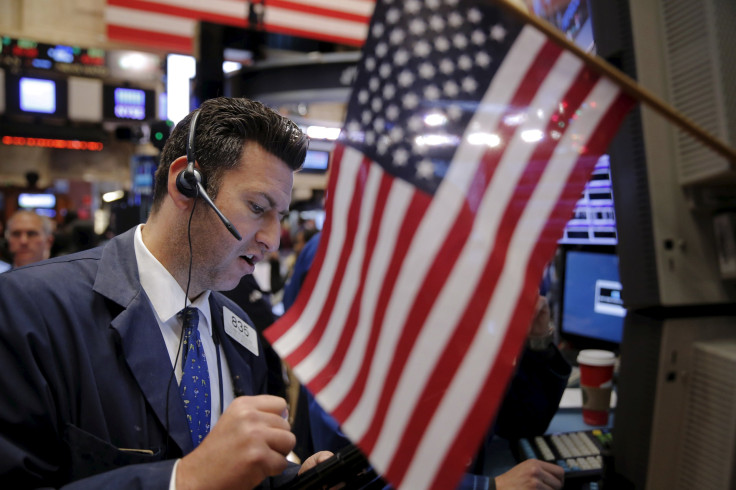EU And US Financial Regulators Appear To Soften Stances On Long-Standing Dispute

A long-running spat between U.S. and European financial regulators may soon come to a close. In an interview with the Financial Times Sunday, the chief American regulator signaled he was prepared to make concessions and end a public dispute over how to regulate the $553 trillion global derivatives market.
The move comes a little over a year before President Barack Obama prepares to leave office.
“I don’t normally give any predictions,” Tim Massad, chairman of the U.S. Commodity Futures Trading Commission, told FT. “But since I might not have a job at the end of that presidency, I’m determined to get this done.”
Last week, the European Union appeared to loosen its position and proposed an oversight model more in line with U.S.-style rules, which require a higher amount of collateral to cover trades of derivatives, a type of financial contract. That move raised hopes of a potential agreement. Without a common system in place, investors worry they could be penalized and forced to withdraw from one jurisdiction in favor of the other. Each side says its regulations are more rigorous than the other.
Transatlantic regulators have disagreed for more than two years about each other’s rules on so-called clearinghouses — a major aspect of reform in the wake of the financial crisis.
The institutions act as trade counterparts, guaranteeing deals among investors and minimizing the impact of potential losses. In particular, the United States and Europe have sparred over each other’s requirements for the initial margin put up by customers of clearinghouse members, or the amount of collateral that’s required to cover losses in case of default.
Under U.S. rules, clearinghouses would have to impose a higher initial margin for futures trading. Still, EU regulators have said they worry U.S. oversight isn’t strong enough.
American and European markets account for the vast majority of worldwide swaps and futures.
FT reported the European Union already officially has recognized nine other regulatory systems as having equivalent clearinghouse rules.
© Copyright IBTimes 2024. All rights reserved.












